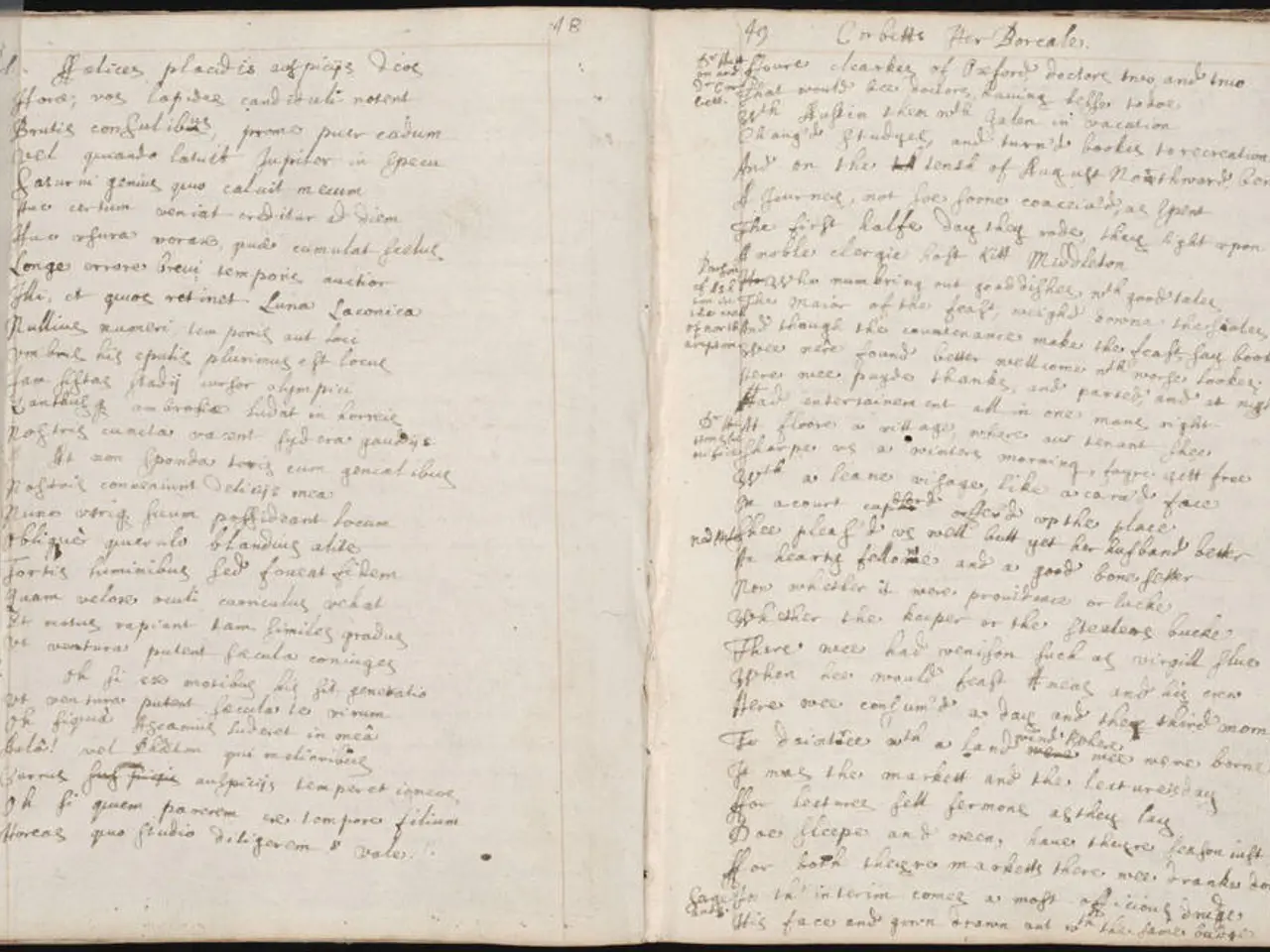The Shaping Processes of Personal Beliefs
Beliefs, the deeply ingrained convictions that shape our perception of the world, can trace their roots back to our formative years. These ideas, often absorbed unconsciously, guide our actions and decisions, significantly influencing our success or failure.
## The Genesis of Beliefs
Beliefs often originate from early experiences, which can be emotionally charged and may not always be based on evidence or rational evaluation. These early experiences create a foundation for future beliefs, which are then reinforced by confirmation bias—the tendency to seek and interpret information that supports existing beliefs. Over time, beliefs become ingrained, shaping our behaviour and thoughts in subtle yet profound ways.
## The Influence of Beliefs on Actions and Decisions
Beliefs exert a powerful influence on our actions and decisions. They shape our perception of situations, guiding us towards behaviours that confirm our beliefs. A belief in someone's friendliness, for instance, might lead us to interact with them in a certain way. Conversely, a belief in personal inadequacy could restrict our capabilities, preventing us from taking on challenges.
When actions conflict with beliefs, cognitive dissonance occurs, leading to mental discomfort. This dissonance can motivate us to align our beliefs with our actions, either by changing our attitudes or behaviours. Beliefs can also limit our options by creating a bias against considering alternative perspectives, potentially hindering our decision-making processes.
## The Malleability of Beliefs
While beliefs can be deeply ingrained, they are not immutable. New experiences, accurate information, or a shift in perspective can help weaken limiting beliefs and foster personal growth. Embracing a mindset of free inquiry, as encouraged by humanist philosophy, allows individuals to critically evaluate beliefs and make informed decisions based on evidence and reason.
If we find that our life is not going as desired, analysing our beliefs can help determine which are valid and which are not. As Henry Ford once said, "If you think you can, you are right. If you think you can't, you are also right." This statement underscores the power of beliefs in shaping our reality.
Understanding the formation and impact of beliefs is essential for personal growth and effective decision-making. By recognising the role of beliefs in our lives, we can take steps to challenge limiting beliefs and foster beliefs that support our goals and aspirations. For more articles related to how beliefs are formed, readers can enter the social psychology category.
Social psychology, a discipline within psychology, delves into the ways beliefs shape our actions and decisions, offering insights into how early experiences and confirmation bias contribute to the formation of deeply ingrained beliefs that can significantly influence personal growth, education, and self-development. Additionally, the understanding of our beliefs and their impact can lead to embracing a mindset of free inquiry in education-and-self-development, enabling individuals to challenge and transform limiting beliefs into empowering ones that aid growth and achievement.




